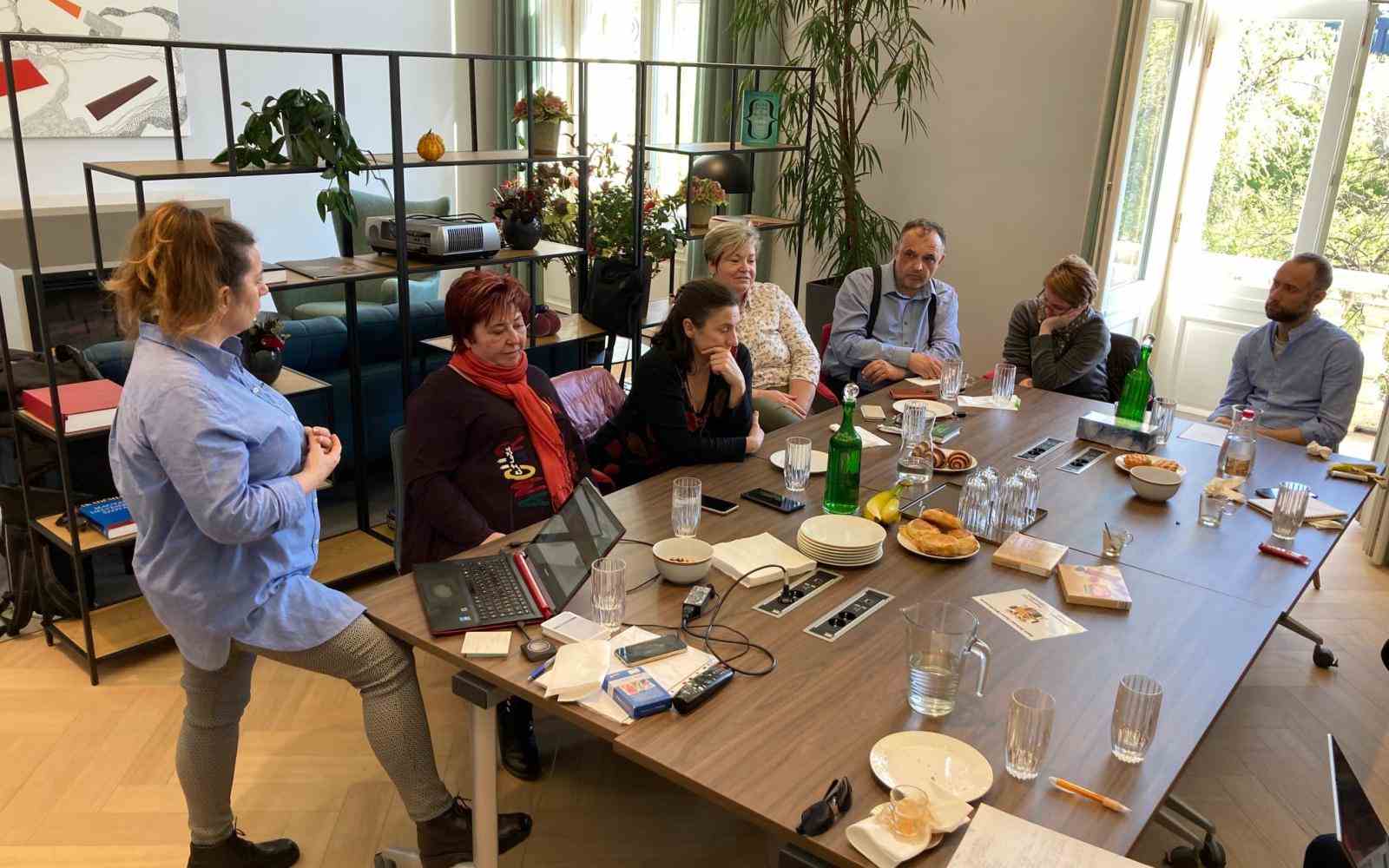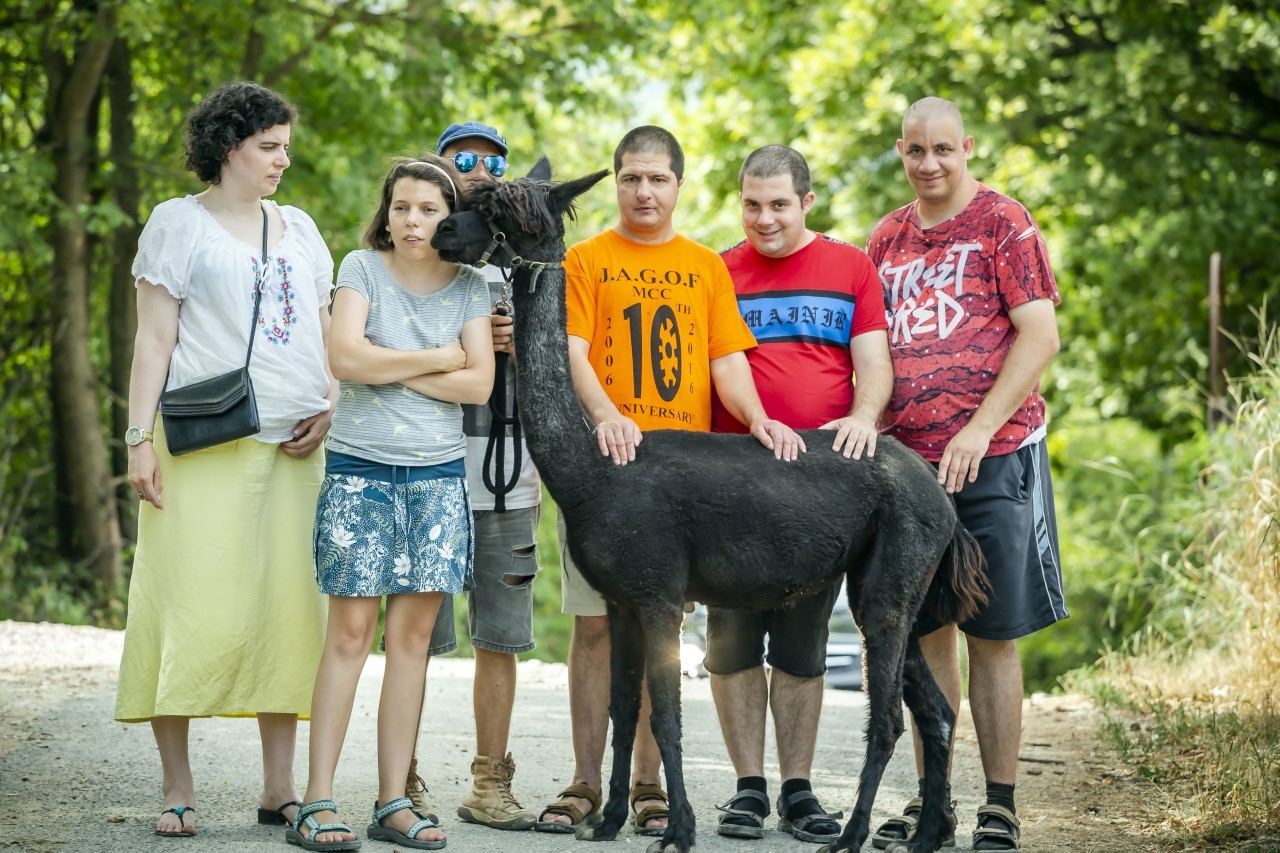The board of Szimbiózis Foundation was formed
The board of Szimbiózis Foundation was formed from leading corporate professionals, following the Scale Impact and Ashoka Hungary Board Academy projects. We asked the president of the foundation, László Jakubinyi, how the presence of experts working in the for-profit sector helps the work of the non-profit organization.

Who does the new board of the Szimbiózis Foundation consist of, how is it structured?
The members of the Szimbiózis Foundation's board are Tamás Pók, Attila Seres and György Fischer.
We regard the members of the board as "guardian angels". Our plan was to have a team that will help us develop our social enterprises, stabilize economic areas, and generate new relationships with representatives of the economic sector, whose language sometimes is foreign to us.
There was a lot of excitement before the first meetings, it was important for us to be well-prepared and handle the foundation's affairs transparently in front of the future board members. Thanks to the expertise of the members of the board, we were able to start thinking together about areas such as energy efficiency in our building operations, current banking matters, finding new investors in accordance with EU legislation or the design for our hotel.
We really need the knowledge of all three specialists, with their experience and advice they help us in the preparation of the decisions and in further efficient operations.
Why did the Szimbiózis Foundation, at the beginning of the program, think that the Board Academy initiative would help them?
We define ourselves as a learning organization. In social care, we operate at a professional level, but as our employees come from the social sphere, we are an amateur social enterprise, and in order to develop in this as well, we must learn to understand and speak the language of the economic actors.
Our external environment is constantly changing, we try to flexibly adapt to challenges and for a possible organizational restructuring, to be able to operate sustainably and independently in the long run, we need new, external knowledge, which the Board Academy program helped us identify and incorporate.
What results and positive developments did the program end with for the Szimbiózis Foundation?
The Board Academy program for the Szimbiózis Foundation has not yet ended. In any case we learn a lot from the process itself, we all believe in it and enjoy it. Egon Zehnder's market-leading board consultancy and management selection company helped our foundation with absolute professionalism in finding the members of our future board.
How was Ashoka able to help: where did you see the biggest challenges at the foundation and how did the Board Academy respond to these?
I was elected a fellow in 2010 and ever since then, I am grateful for the opportunities I received through Ashoka. In addition to the scholarship, I was able to participate in countless trainings, learn about myself and others, connect with other professionals, from which we benefited both personally and organizationally as the Szimbiózis Foundation.
The Board Academy program is an unusual initiative in the Hungarian civil sphere, where long-term commitments between the non-profit and for-profit sectors are not typical. In recent years, one challenge has been followed by another, the pandemic, the energy crisis and the increase of the minimum wage, while the state subsidy remained unchanged, all had lasting effects on our organization and our operations. Real development can take place when there is no need to manage a crisis, we will see the numerical effects of the program in about a year.
Why could this program be important to other non-profits?
In Hungary, the internal functioning of organizations is characterized by hierarchy in the civil sector, which is why the question of succession is problematic for many non-profits here. Development and sustainability require openness, new perspectives and knowledge, and more democratic organizational functioning. I recommend the Board Academy program to those organizations that can think in such structures.
